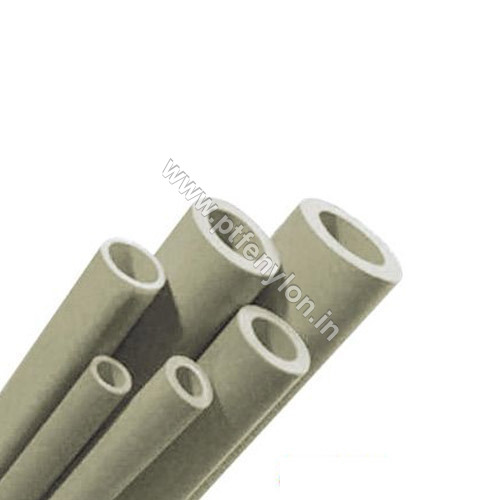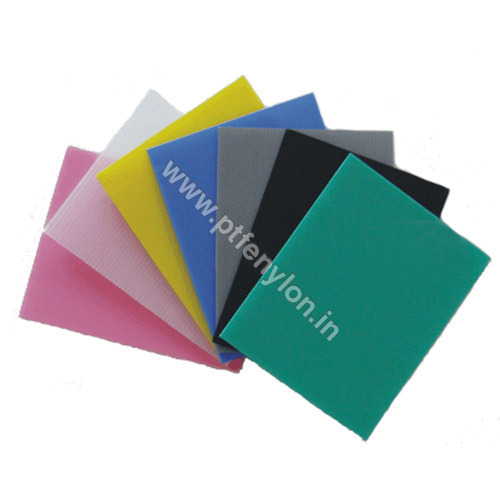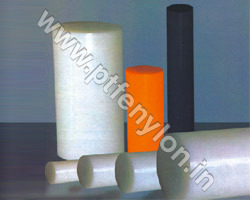पà¥à¤²à¥à¤ªà¥à¤°à¥à¤ªà¤¾à¤à¤²à¥à¤¨ पाà¤à¤ªà¥à¤¸
पà¥à¤²à¥à¤ªà¥à¤°à¥à¤ªà¤¾à¤à¤²à¥à¤¨ पाà¤à¤ªà¥à¤¸ Specification
- टाइप करें
- Polypropylene Pipes
- मटेरियल
- Polypropylene (PP)
- संक्षारण सुरक्षा
- टेन्साइल स्ट्रेंथ
- 30 MPa (approx.)
- मोटाई
- Sch 40/80 & customized
- साइज
- Custom sizes available; common sizes include 1/2 inch to 12 inch
- चौड़ाई
- Available in various diameters (e.g., 15 mm to 315 mm)
- लम्बाई
- Standard lengths 3m, 6m; available in coils for smaller diameters
- Electrical Insulation
- Excellent dielectric properties
- Joining System
- Butt welding, socket fusion, electrofusion
- Color
- White, grey, blue or as per requirements
- UV Resistance
- Stabilized for outdoor installation
- Pressure Rating
- Up to PN16, depending on size and wall thickness
- Surface Finish
- Smooth inner and outer surface for low friction losses
- Standards Compliance
- IS 4984 / DIN 8077/8078 / ISO 4427
पà¥à¤²à¥à¤ªà¥à¤°à¥à¤ªà¤¾à¤à¤²à¥à¤¨ पाà¤à¤ªà¥à¤¸ Trade Information
- Minimum Order Quantity
- 10 टुकड़ाs
- एफओबी पोर्ट
- Mumbai
- भुगतान की शर्तें
- टेलीग्राफिक ट्रांसफर (T/T), कैश इन एडवांस (CID), चेक, कैश एडवांस (CA)
- आपूर्ति की क्षमता
- प्रति सप्ताह
- डिलीवरी का समय
- हफ़्ता
- नमूना उपलब्ध
- No
- मुख्य निर्यात बाजार
- एशिया
- मुख्य घरेलू बाज़ार
- ऑल इंडिया
About पà¥à¤²à¥à¤ªà¥à¤°à¥à¤ªà¤¾à¤à¤²à¥à¤¨ पाà¤à¤ªà¥à¤¸
Our firm has gained a remarkable position in the domain of manufacturing and supplying the range of Polypropylene Pipes. Offered collection is mostly used to carry various types of material and provide hassle free movements. All our pipes are precisely engineered by sourcing the top grade material from the certified market vendors. Our respected customers can avail the Polypropylene Pipes from us as in standard and customized specifications.
Features:
- Excellent tensile strength
- Durable in nature
- Reliable standards
Superior Chemical and Corrosion Resistance
Polypropylene pipes stand out due to their remarkable resistance to a broad spectrum of chemicals and corrosion. This feature makes them especially suitable for transporting aggressive fluids and for use in industrial processes, ensuring longevity and minimal maintenance requirements. Their non-reactive nature guarantees integrity in challenging environments.
Efficient Installation and Flexible Sizing
PP pipes can be joined using butt welding, socket fusion, or electrofusionmodern techniques that offer strong, leak-proof connections. With diameters spanning 15 mm to 315 mm and customizable lengths and thicknesses, they cater to both large-scale and small-scale projects. Coiled options for smaller diameters add convenience during installation in tight spaces.
Certified for Safety and Performance
These pipes comply with major international standards (IS 4984, DIN 8077/8078, ISO 4427), ensuring reliable performance in water supply, irrigation, and industrial systems. Designed for a pressure rating of up to PN16, depending on size and wall thickness, they withstand demanding operational conditions and safeguard system integrity.
FAQs of Polypropylene Pipes:
Q: How are polypropylene pipes joined during installation?
A: Polypropylene pipes can be joined using butt welding, socket fusion, or electrofusion techniques, which create strong, reliable, and leak-proof connections suitable for various pressure and operational demands.Q: What applications can polypropylene pipes be used for?
A: These pipes are commonly used in water supply networks, irrigation systems, chemical transportation, industrial fluid handling, and electrical conduit installations, thanks to their chemical resistance and dielectric properties.Q: When should I consider polypropylene pipes over alternatives?
A: Polypropylene pipes are ideal when you require high corrosion and chemical resistance, UV stability for outdoor use, and smooth surfaces to minimize friction losses, especially in systems conforming to IS 4984, DIN 8077/8078, or ISO 4427 standards.Q: Where can these pipes be installed effectively?
A: PP pipes are suitable for aboveground and underground installations, including residential, commercial, and industrial sites. Their UV resistance makes them well-adapted for outdoor applications without risk of degradation.Q: What is the process for customizing pipe sizes and colors?
A: Manufacturers and suppliers offer custom sizing (from 1/2 inch to 12 inch and thickness per Sch 40/80 or specific requirements) and colors (white, grey, blue, or as specified) to suit project needs and aesthetic preferences.Q: What are the main benefits of choosing polypropylene pipes for my project?
A: The advantages include excellent chemical and corrosion protection, low friction losses, strong and versatile joining options, superior electrical insulation, UV resistance, and compliance with multiple international standards.

Price: Â
- 50
- 100
- 200
- 250
- 500
- 1000+
अधिक Products in PP Products Category
पॉलीप्रोपाइलीन शीट्स
न्यूनतम आदेश मात्रा : 10
मेल्टिंग पॉइंट : 160°C
मटेरियल : Polypropylene
मोटाई : 2 mm to 50 mm
चौड़ाई : 1 meter to 2 meters
टेन्साइल स्ट्रेंथ : 30 MPa
पीपी पॉलिमर रॉड
न्यूनतम आदेश मात्रा : 10
मेल्टिंग पॉइंट : 160°C – 170°C
मटेरियल : Polypropylene (PP)
मोटाई : As per diameter / specification
चौड़ाई : As per requirement / up to 300 mm
टेन्साइल स्ट्रेंथ : 30 – 45 MPa
 जांच भेजें
जांच भेजें जांच भेजें
जांच भेजें


